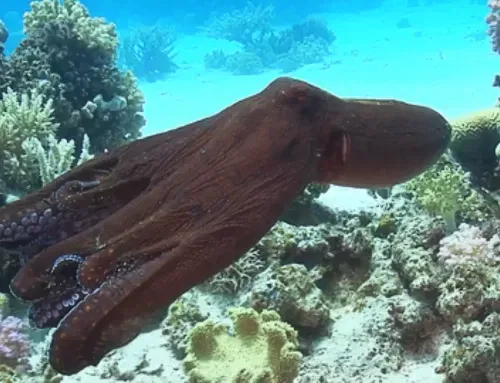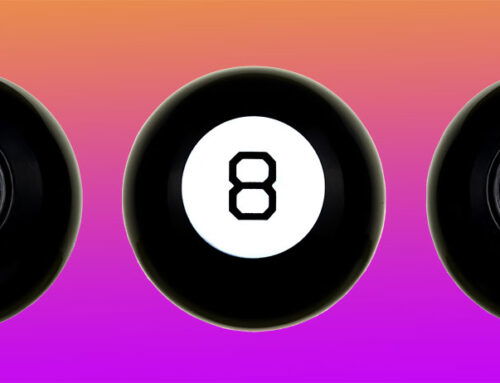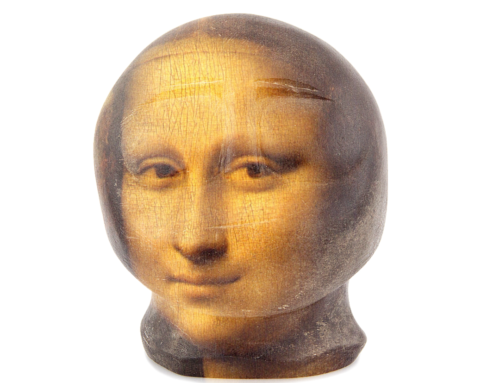Two weeks ago, Oliver, the son of my nephew Evan, celebrated his Bar Mitzvah in Baltimore. During the ceremony, I followed in English as the rabbi read Hebrew from the prayer book, and I listened with modest familiarity to the tunes sung by the cantor and congregation. Most of all, never having had a Bar Mitzvah myself, Oliver impressed me with his fluent reading from the Torah.
As time progressed, my mind wandered to The Miracle of Estelle, a short story included in my new publication, The Open Door and Other Tales of Love and Yearning (Adelaide Books, 2019). Benjamin, a fictional scientist thinly camouflaged as a version of me, attends Rosh Hashanah services with his wife. As the service proceeds, Benjamin, an atheist, wonders how many congregants actually believe what they read in the prayer book or take seriously the existence of an omniscient, all-powerful, undefined, merciful God ruling the universe. If such a directing and positive force does exist, Benjamin is puzzled by who or what is He/She/It? Nature itself? A spirit? A mysterious, eternal life-form? And why did non-believers, like himself and those he thinks comprise many, if not most, of the people in the synagogue, engage in prayer and display such religious reverence?
Unable to fully answer these questions, Benjamin considers whether just being there and blending with the other Jews makes him religious or just a hypocrite. His mind then wanders beyond its immediate environment and asks himself if a liberal, open-minded person draped in a white sheet at a Ku Klux Klan meeting would be marked unambiguously a bigoted, alt-right member of the KKK? In short, Benjamin, in his clumsy fashion, tried to determine the extent to which the uniform defines the person, or whether participation establishes belief at some level?
As Benjamin played with these philosophical questions, a female voice – pure, angelic, free of opinions or constraints – fills the temple in song and overwhelms him with a spiritual experience more powerful than religious observance or tradition, as only art can do. Perhaps, his God was Art, an unreachable striving for something more.
My attention was thrust back to the Bar Mitzvah when Evan, a cellist, played “Prayer,” arranged by my father, to honor Oliver. My mind retreated to when I heard Papa play the same composition, probably on the same Stradivarius cello, 44 years ago at the Bar Mitzvah of Jonathan, Evan’s brother. I felt alone in the crowd as I listened to Evan play in a private world of my own, prompted by, yet separate from, my immediate surroundings, as if I had crossed a border between two entirely separate existences.
And then the idea of multiple universes that I’ve read about in physics drifted into my mind. I imagined, however naïvely, the existence of undefined, separate universes, each governed by different rules and subjected to different sensitivities, making it possible to fathom only the universe being occupied.
Eureka, I thought, an epiphany! An atheist in one universe could be a believer in his own fashion in a parallel universe, or a tradition within one family could be meaningless to another family, or a scientist in one environment could be an artist in another. Each is a separate, parallel universe of existence. While we can and do cross borders between these parallel universes, we can only truly appreciate or understand the universe we occupy at the moment.
So, what about God? Nonsense in one universe, but perhaps meaningful in another for the same individual. Inconsistences may be explained by different rules and parameters in each universe.
How many parallel universes do we occupy? Do the separate universes interact to affect each other and if so, how? And what about the latent personalities within us – ghosts that make rare appearances or never surface at all? Are they separate strangers in different universes, or are they different dimensions of the same person in one universe?
While Oliver was undergoing a Jewish coming of age during his Bar Mitzvah, I was continuing my quest to understand the nature of my existence.







Joram, this leaves me speechless. It so parallels my own thoughts about religion, and means more as I age and see the end of my existence nearing. You have put into words what I feel. I believe in no afterlife, and do not care; I care only that I leave the world at least no worse than it was when I entered it. It is this last problematic idea that has me anxious, as I see history repeating itself in a harrowing manner, and all I can do to stop that is encourage artists in all fields. Have I done all that I can to justify my existence? Here is where I wish I were not an atheist, but I cannot believe. Maybe I can peek into a parallel universe.
Joram, well-written and fascinating as usual!
I couldn’t help but notice the similarities between gene sharing (from your other universe) and your treatment of parallel universes (person sharing?).